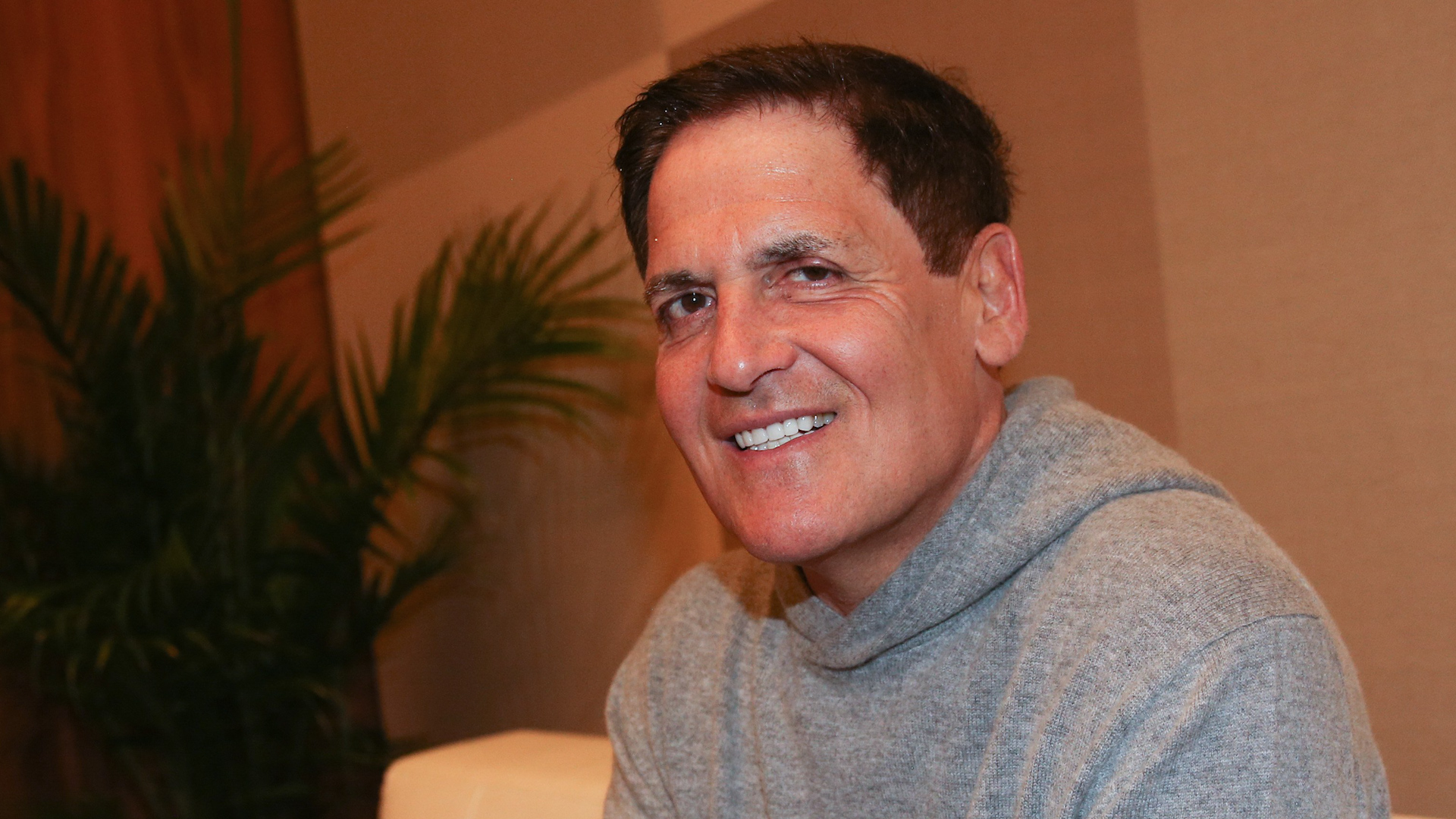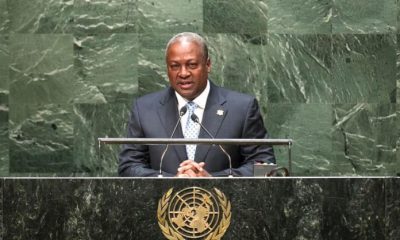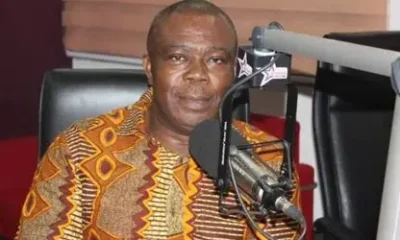BUSINESS
Mark Cuban’s Most Recent Money Advice is Ridiculously Simple and Super Important For Business Starters.
Published
5 years agoon
By
Adubianews
There’s a difference between the character HBO’s Silicon Valley modeled after Mark Cuban and the real Mark Cuban. Russ Hanneman is a fool on every level.
Mark Cuban is a good dude and smart guy. I have a touch of personal experience with Cuban from my days doing radio in Dallas. But, that aside, it’s clear Cuban knows what he’s talking about. Mark Cuban gives good advice.
He recently changed some of that advice. It’s critically important. And, as synchronicity has it, it echoes the narrative I’ve been weaving in recent weeks.
In an interview with Men’s Health, Cuban updated his guidance on how large of an emergency fund he suggests you keep. While he used to subscribe to the relatively common six months worth of expenses, Cuban now believes you should hold cash equivalent to one year of expenses. I couldn’t agree more.
Don’t Be the $30,000 a Year Millionaire
Cuban suggests eliminating all debt, filling a 12-month emergency fund, and only investing after you have done these two things. This isn’t easy to accomplish, however, it’s more imperative now than ever. As Cuban noted, the pandemic changed the world. We can’t go back to our old ways, particularly when they involve money.
We have a tendency — especially in the Western world — to live beyond our means. It’s the number one thing that sinks sound budgeting, saving, and investing. It’s not that, all else equal, debt is inherently bad. It’s how we manage debt that’s the problem. We don’t manage it. We accumulate it because it facilitates a life loftier than our pre-debt cash flow would otherwise allow.
Here’s Cuban’s advice on credit cards from the same interview:
Using a credit card is okay if you pay it off at the end of the month. Just recognize that the 18% or 20% or 30% you’re paying in credit card debt is going to cost you a lot more than you could ever earn anywhere else.
Who pays their credit card balance at the end of every month? Only the most financially responsible among us.
I never could. In fact, when I moved from home at the ripe age of 19, the first thing I did was spend excessively on credit cards. By the time I was 22, I had to see a debt counselor who helped me renegotiate and pay off my debts. I paid everything off, however, banks were still more than willing to extend credit. Within a few years — when I lived in Dallas — I was in debt again.
I used debt to finance my lifestyle.
It becomes a vicious cycle. At some point, we view monthly credit payments as part of our budget of fixed expenses. We don’t realize credit card payments are not only money unnecessarily going out the door, but they represent a premium paid on goods and services we most likely no longer even have possession of. But we’re living the good life so we accept credit card debt — and the recurring payments — as the cost of doing business.
I learned I’m not the type of person who can pay a credit card off each month. Therefore, I don’t use them anymore. I cut them off cold turkey. I wish more people would do this. You can live just fine without a credit card. I haven’t used one in several years and have never run into an instance where this has stopped me from doing anything other than spending money I don’t have.
“I got over a thousand dollars in the bank and I’m alright”
That’s one of my favorite Tom Petty lyrics from the song Room at the Top. It speaks directly to what we’re talking about here.
When you have a true cash cushion, you’re more likely to feel at ease. I know I am. But it’s not a true cash cushion if you’re in debt at the same time as you’re saving. Or if you’re investing money before you’re ready. “Ready” meaning you have the aforementioned personal finance ducks lined up in a quack-free row.
The lower your cost of living, the easier it will be to save enough money to cover it for a year. Getting there is the opposite of being in debt in every way. That’s practically obvious, but, based on the amount of credit card debt people take on (an average of $6,194 per consumer, as of 2019, according to Experian), it must not be psychologically obvious. It’s at least not psychologically easy to embrace. It’s easier to feel the rush of living like you make more money than you actually do.
Not using credit cards and keeping a larger emergency fund than most experts (though not Cuban) recommend does two things:
- It makes me less anxious about money and life overall.
- It makes me a better investor.
I have written about the financial walk of shame. When you invest money only to turn around and liquidate your holdings because you need or feel like you need the cash. Investing fits and starts not only deter the wealth-building process, but they can also sour you on investing. I quit investing for many months because I didn’t want to feel like a loser doing the financial walk of shame — again.
If you do what Cuban says — and take it to the extreme, you’ll position yourself to be set for life. Don’t put the credit cards in a block of ice in the freezer. Get rid of them altogether. Chip away at your credit card debt until it hits zero. Then eliminate all other debt (I’m not perfect. I’m working on that). From there, take the money that’s suddenly left over and invest every penny of it after you have given yourself the game-changing, practical, and psychological cash cushion that will allow you to ride out a year without income.
Source:Medium.com
You may like
-


Ecobank Commits $32 Million to Drive Clean Energy Adoption in Ghana
-


GoldBod Accepts To Transacting Gold With ‘Black Market’ Dollar Rates
-


I dont mind- Agradaa’s Husband, Angel Asiamah Says, After Wife Is Sentenced To 15 Years Imprisonment With Hard Labour
-


Ablekuma North Re-run: EC Solemnly swearsThat Only 3 Polling Stations Remained, What Changed? – NPP’s Akua Afriyie Quizzes
-


Mahama Urges Supreme Court Judges: Breakdown The Law Not Just As It Is, But As It Ought To Be
-


Spanish Police reveal what caused the accident that killed Liverpool forward Diogo Jota
-


Lawyers plead to embrace commute to remain Relevant
-


Asamoah-Boateng Crevice NPP Chairmanship position
-


Blood for food’: The US soldier-spies sidelining UN aid work in Gaza

















